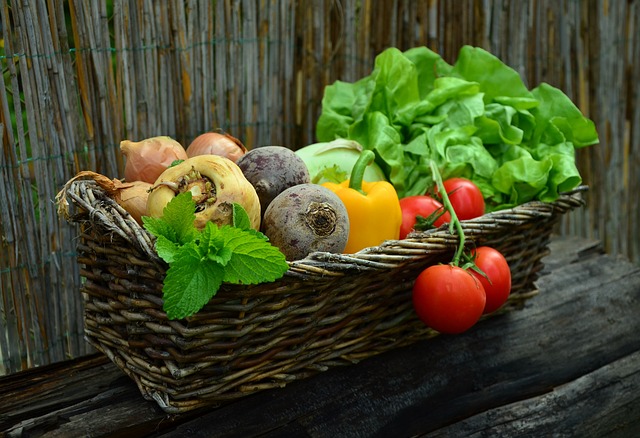Safe Fruits and Vegetables for Rabbits: A Comprehensive Guide
As a responsible rabbit owner, it’s essential to provide your furry friend with a balanced diet that meets their nutritional needs. However, not all fruits and vegetables are safe for rabbits to consume. In fact, many popular human foods can be toxic to rabbits, even in small amounts. In this article, we’ll explore the safest fruits and vegetables for rabbits and provide you with a comprehensive guide on how to introduce them into your rabbit’s diet.
Rabbits are herbivores, which means they primarily feed on plant-based foods like grasses, leaves, and vegetables. However, their digestive system is specifically designed to process fiber-rich foods, not sugary or high-fiber foods commonly consumed by humans. As a result, rabbits require a careful selection of fruits and vegetables that cater to their unique nutritional needs.
Here are some key points to consider when choosing safe fruits and vegetables for your rabbit:
* Fresh produce should be washed thoroughly before serving to your rabbit.
* Remove any stems, seeds, or pits from fruits like apples, grapes, or cherries.
* Cut vegetables into small pieces or serve them in a way that prevents choking hazards.
* Avoid giving your rabbit too much of high-fiber foods like beans, cabbage, or broccoli.
Some safe and healthy options for rabbits include:
* Leafy greens like lettuce, spinach, kale, and collard greens
* Fresh veggies like carrots, bell peppers, cucumbers, and zucchini
* Fruits like strawberries, blueberries, raspberries, blackberries, melons, and bananas
However, it’s crucial to avoid giving your rabbit the following foods:
* Raw or undercooked eggs
* Milk products or high-lactose foods
* High-fiber foods like beans, cabbage, broccoli, or Brussels sprouts
* Chocolate, raisins, grapes, onions, garlic, chives, leeks, mushrooms, and rhubarb
In addition to providing a balanced diet, it’s also important to limit the amount of pellets you feed your rabbit. Pellets can be high in carbohydrates and low in fiber, which can lead to digestive issues in rabbits.
When introducing new fruits and vegetables into your rabbit’s diet, remember to do so gradually and in moderation. Start with small amounts and monitor your rabbit’s digestive health. If you notice any adverse reactions, consult with a veterinarian for guidance.
In conclusion, providing a safe and balanced diet for your rabbit is crucial for their overall health and well-being. By choosing the right fruits and vegetables and avoiding common allergens, you can help ensure that your furry friend lives a long and happy life.
Tags:
rabbit nutrition, safe foods for rabbits, rabbit diet, healthy snacks for rabbits
